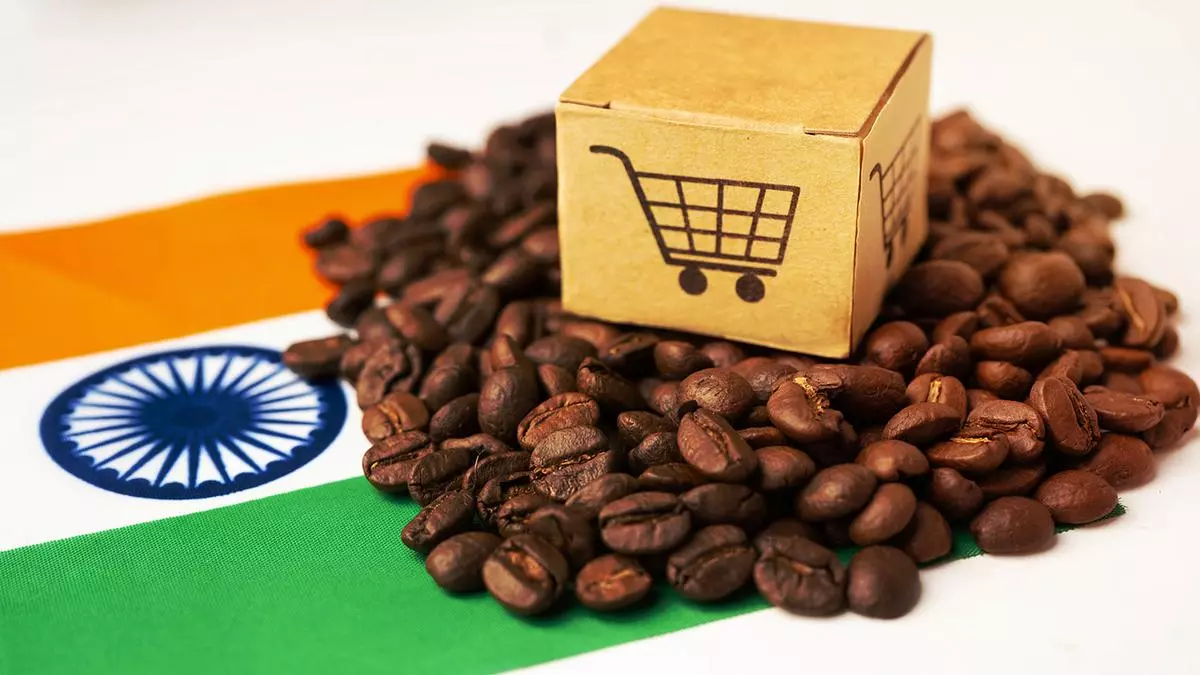Coffee exporters say deferment of EUDR norms will give more time to be prepared
The European Commission’s proposal to defer the implementation of proposed EU Deforestation Regulation (EUDR) norms has given a breather to the Indian coffee exporters.
The EUDR is aimed at curbing the imports of certain products from deforested areas. It mandates that companies exporting commodities such as coffee, cocoa, rubber, oil palm, soy, timber and cattle, along with their derived products to the European Union markets, must conduct thorough deforestation analysis, detailed risk assessment and risk mitigation to ensure these goods are not sourced from deforested areas since December 31, 2020.
The proposed EUDR emphasises the importance of complying with laws related to environmental and social aspects with sustainability principles embedded in them. It is mandatory for all specific commodities, in any form, to comply with these regulations when imported to Europe starting from January 1, 2025.
‘Getting needed time’
Amidst protests from a host of countries including India, the US, Brazil and Indonesia, the European Commission on Wednesday proposed to defer the implementation of the EUDR norms by one year. “It has given us some breathing space to get prepared. We needed that time,” said Ramesh Rajah, President of the Coffee Exporters Association.
Europe is the main destination for the Indian coffee exports and the fast approaching deadline had left the Indian coffee industry worried as it found it difficult to comply with the proposed regulations. “Now that more clarity is coming in, we will be better prepared in that one-year time we get. There was lot of confusion on many issues and now we have more time to be prepared,” Rajah said.
Buying spree
The earlier deadline of December 30 this year had witnessed a surge in buying from European importers, who were found stocking coffee in the run up to the implementation of the proposed EUDR norms.
As a result, the Indian coffee shipment volumes in the past six months had increased by about 15 per cent, with main buying coming in from Europe. “Most of the panic buying has already been done. We can see that inventory has started building up both in EU and also in the US,” Rajah said.
India’s coffee exports in the first half of the financial year registered a 55 per cent growth in value at $929.95 million against $601.58 million a year ago on higher global prices. In volume terms, the exports were up 15 per cent at over 2.20 lakh tonnes from 1.91 lakh tonnes. In rupee value terms, coffee exports were up 57 per cent at ₹7,771.88 crore from ₹4,956 crore a year ago, as per the Coffee Board’s latest data.
